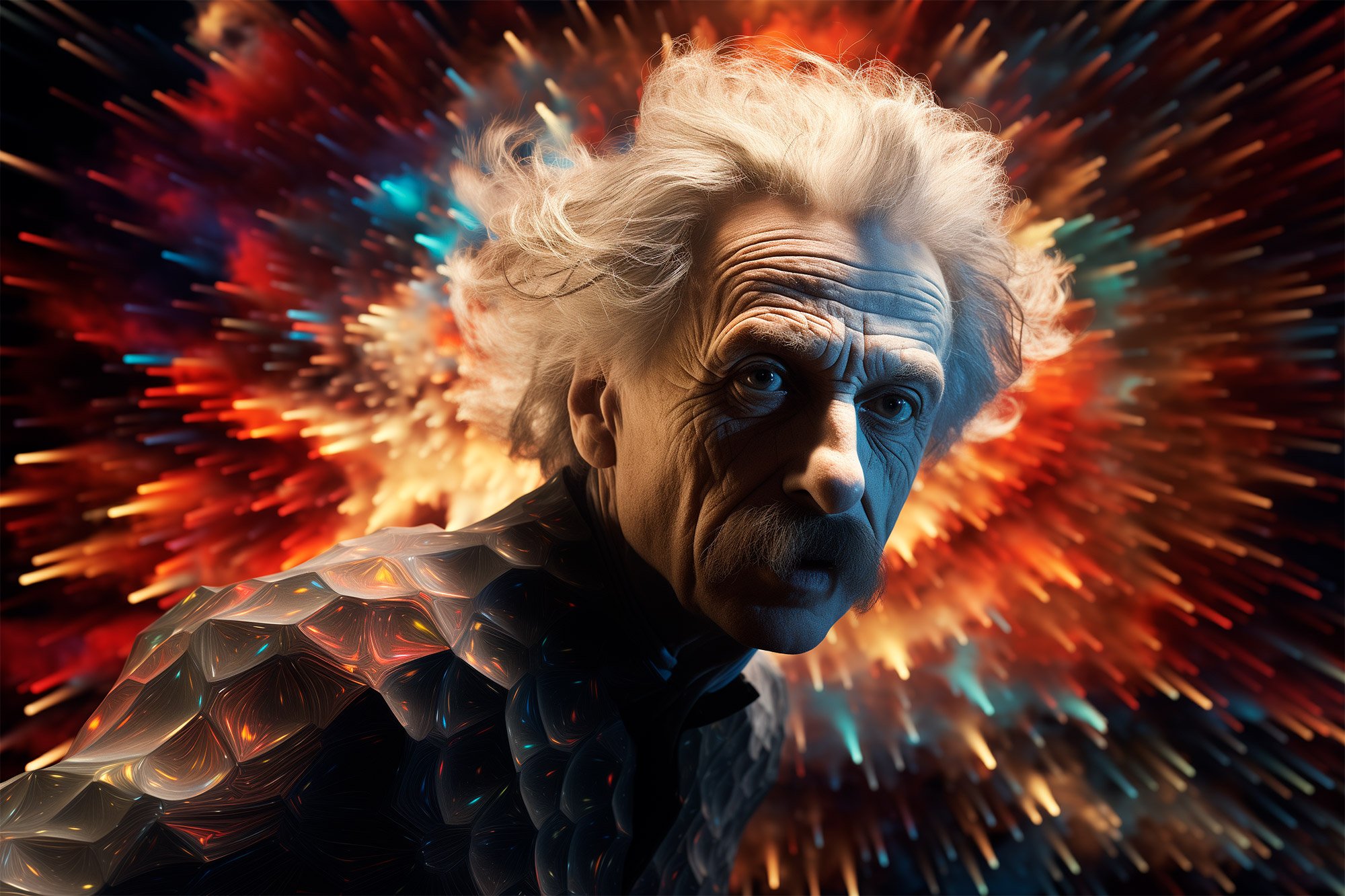The groundbreaking theory that challenges the principles of modern physics suggests that spacetime is classical rather than quantum. This radical concept forecasts fluctuations in spacetime of a larger scale, which could affect the weight of objects. The theory seeks to unify gravity and quantum mechanics, maintaining Einstein’s classical concept of spacetime. A notable announcement comes from UCL (University College London) physicists, who have published two papers that challenge the longstanding contradiction between quantum theory and Einstein’s theory of general relativity, which explains gravity through the bending of spacetime.
The traditional assumption maintains that Einstein’s theory of gravity must be “quantized” to align with quantum theory. However, UCL’s new theory, proposed by Professor Jonathan Oppenheim, suggests that spacetime may be classical, not governed by quantum theory at all. This implies that spacetime itself could potentially undergo violent fluctuations larger than previously envisioned under quantum theory, rendering the apparent weight of objects unpredictable if measured with precision.
Papers published in Physical Review X (PRX) and Nature Communications propose experiments to test this theory, aiming to measure the fluctuation of a 1kg mass’s weight. If the fluctuations in measurements of this mass are smaller than required for mathematical consistency, the theory can be ruled out.
Over the past five years, UCL’s research group has been exploring the consequences of this theory. The results challenge our understanding of gravity and offer opportunities to probe its potential quantum nature. Experiments could determine if a quantum theory of gravity is the right approach.
The ongoing journey to unravel the mysteries of spacetime and its impact on gravity and quantum mechanics suggests that answers may be within reach in the next 20 years. The new theory also has implications beyond gravity, touching on matters such as the black hole information problem. This theory represents a significant shift in the fundamental laws of nature, and it has the potential to transform our comprehension of the quantum world and the cosmos.


